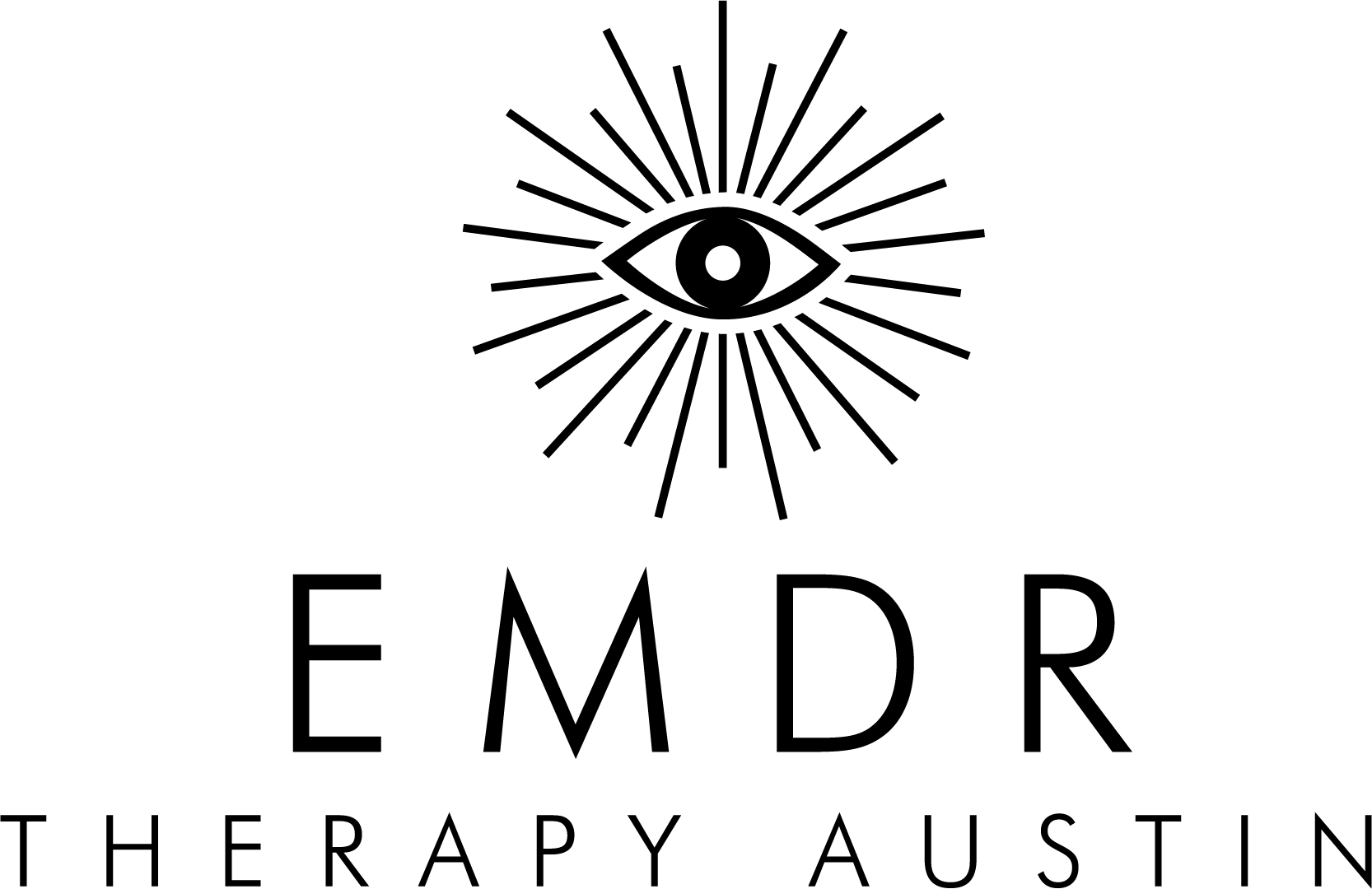
NARM Therapy for Childhood Trauma and Complex PTSD (C-PTSD)
The NeuroAffective Relational Model (NARM) is a somatically based psychotherapy that addresses the nervous system dysregulation, distortions of the identity, and the interplay between the two that result from childhood and complex trauma (C-PTSD).
While many traditional talk therapies focus on attachment themes and early life experiences with the perspective that the past determines who we are in the present, NARM explores personal history to clarify patterns from the past that get in the way of being present and in connection with yourself and others in the here and now.
How is NARM different?
NARM is an active process of inquiry into your relational and adaptive survival styles. Rather than simply affirming how hard it is to feel stuck or dissatisfied in life, in NARM therapy we build on your capacities and support you in experiencing agency in the difficulties of your current life.
A NARM therapist is aware of the distinction between what was then and what is now. We avoid the trap of making the past more important than the present, given that NOW is when you can do something differently (even when it doesn’t feel like it). We understand that you earned your survival strategies honestly, but we also deeply respect you as an adult who has the capacity to move towards vitality in your life now in ways that are new and different and beyond what you may have previously imagined.
The focus in NARM therapy is less on why you are the way you are and more on how your adaptations to trauma (survival styles) distort your experience and your life right now in the present.

Core Needs
NARM asserts that there are 5 biologically-based core needs that are essential to our physical and emotional well-being.
Connection: Capacity to be in touch with our body and our emotions; capacity to be in connection with others
Attunement: Capacity to be aware and attend to our needs and emotions; capacity to recognize, reach out for, and take in physical and emotional nourishment
Trust: Capacity for healthy dependence and interdependence in relationships
Autonomy: Capacity to set appropriate boundaries; capacity to say ‘no’ and set limits; capacity to speak our mind without guilt or fear
Love-Sexuality: Capacity to live with an open heart; Capacity to integrate a loving relationship with a vital sexuality
When these needs are not met in our developmental years, our ability to self-regulate, our identity, and our self-esteem become compromised and both psychological and physiological symptoms arise. Children who do not get their needs met are unable to recognize what they need, struggle to express their needs, and often believe they are undeserving of having their needs met. These concerns then perpetuate into adulthood.
Unresolved childhood and relational trauma can lead to the following in adulthood:
Feeling lonely and isolated with strong self-judgments about your ability to sustain close relationships
Difficulties identifying your emotions or bodily experience
Chronic fear and anxiety
Feeling helpless/hopeless and noticing freeze/collapse responses
Self-hatred and self-punishment
Beliefs that anger towards others is “bad”
Acting out aggression
Physical symptoms such as gut/stomach problems, environmental sensitivities, chronic pain, etc.
Perpetuation of the original environmental failures you experienced as a child into your body, identity, and behaviors
Yet, to the degree that core needs are met early in life, we develop core capacities that allow us to identify and attend to these needs as adults. This results in being connected to our deepest resources and vitality in adulthood.
A central tenet of NARM therapy is supporting the healthy development of these core capacities—what wasn’t provided to you in childhood, can be developed now and forever available to you.
“Your task is not to seek for love, but merely to seek and find all the barriers within yourself that you have built against it.”
Adaptive Survival Styles
Children need ways to cope with the heartbreak they experience when their core needs are not met. Therefore, they develop adaptive strategies (or survival styles) to manage the disconnection, dysregulation, disorganization, and isolation they experience.
As adults, the more we rely (or unconsciously rely) on these survival styles, the more disconnected we feel from our bodies and our sense of choice, the more distorted our identity becomes, and the less we are able to regulate our own emotions. These survival strategies become the cause of ongoing nervous system dysregulation, disconnection from oneself and others, and self-esteem challenges. The once adaptive and protective survival strategies, when continued beyond their usefulness, create a vicious cycle of distress in our thinking, in our emotions, and in our body.
The five adaptive survival strategies correlate with the core needs and the missing or compromised core capacities. These adaptations learned in childhood initially helped up survive but over the years become rigid beliefs about who we are and what the world is like. What we grow to understand as being our identity is better described as the shame- and pride-based identifications of our survival styles. Every identification—the fixed beliefs we assume as our true selves—separates us from the fluidity of our core nature.
Connection
Develops around the need for contact and the fear of it
Shame-based identifications: Shame at existing; feeling like a burden; feeling of not belonging
Pride-based identifications: Pride in being a loner; pride in not needing others; pride in not being emotional
Attunement
Develops around the conflict between having personal needs and the rejection of them
Shame-based identifications: needy; unfulfilled; empty; undeserving
Pride-based identifications: caretaker; pride in being the shoulder everyone cries on; make yourself indispensable by being needed; pride in not having needs
Trust
Develops around both the longing for and the fear of healthy trust and interdependence
Shame-based identifications: small; powerless; used; betrayed
Pride-based identifications: strong and in control; successful; larger than life; user/betrayer
Autonomy
Develops around both the desire for and the fear of setting limits and expressing independence
Shame-based identifications: angry; resentful of authority; rebellious; enjoys disappointing others
Pride-based identifications: nice; sweet; compliant; good boy/girl; fear of disappointing others
Love-Sexuality
Develops around wanting to love and be loved and the fear of vulnerability; also develops around the splitting of love and sexuality
Shame-based identifications: hurt; rejected; physically flawed; unloved and unlovable
Pride-based identifications: rejects first; perfect; does not allow for mistakes; has everything together
Do you resonate with any of the survival styles and their associated shame- or pride-based identity distortions?
You may feel suffocated and limited by your survival styles and the psychological identifications and physiological patterns associated with them. Yet, you may also feel afraid to or do not know how to move beyond these strategies. Afterall, they helped keep you safe for so long and may even be useful in some ways today. But when we too closely identify with or overly utilize a survival style as an adult, we thwart our own expansiveness NOW by staying within the rigid confines of what was once learned THEN.
In NARM therapy, we will focus on what you truly desire for yourself NOW—free from the limitations of the fixed identities of the adaptive survival styles— and orient towards your personal strengths so that you can have a greater capacity for self-regulation, connection, and aliveness.
Additional therapies We offer
EMDR (Eye Movement Desensitization & Reprocessing)
SE (Somatic Experiencing)
Attachment Theory
IPNB (Interpersonal Neurobiology)
Parts Work informed by IFS (Internal Family Systems)
“When you can’t go forward, and you can’t go backward, and you can’t stay where you are without killing off something deep and vital in yourself, you are on the edge of creation.”
NARM therapy can help you:
Learn how you have internalized and continue to reenact early environmental failures through understanding your survival styles that have outlived their usefulness
Establish or reestablish the ability to self-regulate
Express yourself
Integrate rage and anger
Develop the capacity for separation/individuation and have healthy interdependence in relationships
Set appropriate boundaries
Creatively face challenges as an adult
Healthily grieve early wounding and heartbreak
Feel present and a greater sense of connection to yourself and others
Resolve distortions of the identity
Move towards more vitality and a greater sense of aliveness
Gain personal agency in your life

“Our deepest fear is not that we are inadequate. Our deepest fear is that we are powerful beyond measure. It is our light, not our darkness, that most frightens us.”
If you would like to learn more about receiving NARM therapy, please feel free to discuss this with me during your initial consultation. You can visit the NARM Training Institute’s website for additional information about this form of treatment.
Resource
Heller, L, & LaPierre A. (2012). Healing developmental trauma: How early trauma affects self-regulation, self-image, and the capacity for relationship. North Atlantic Books.







